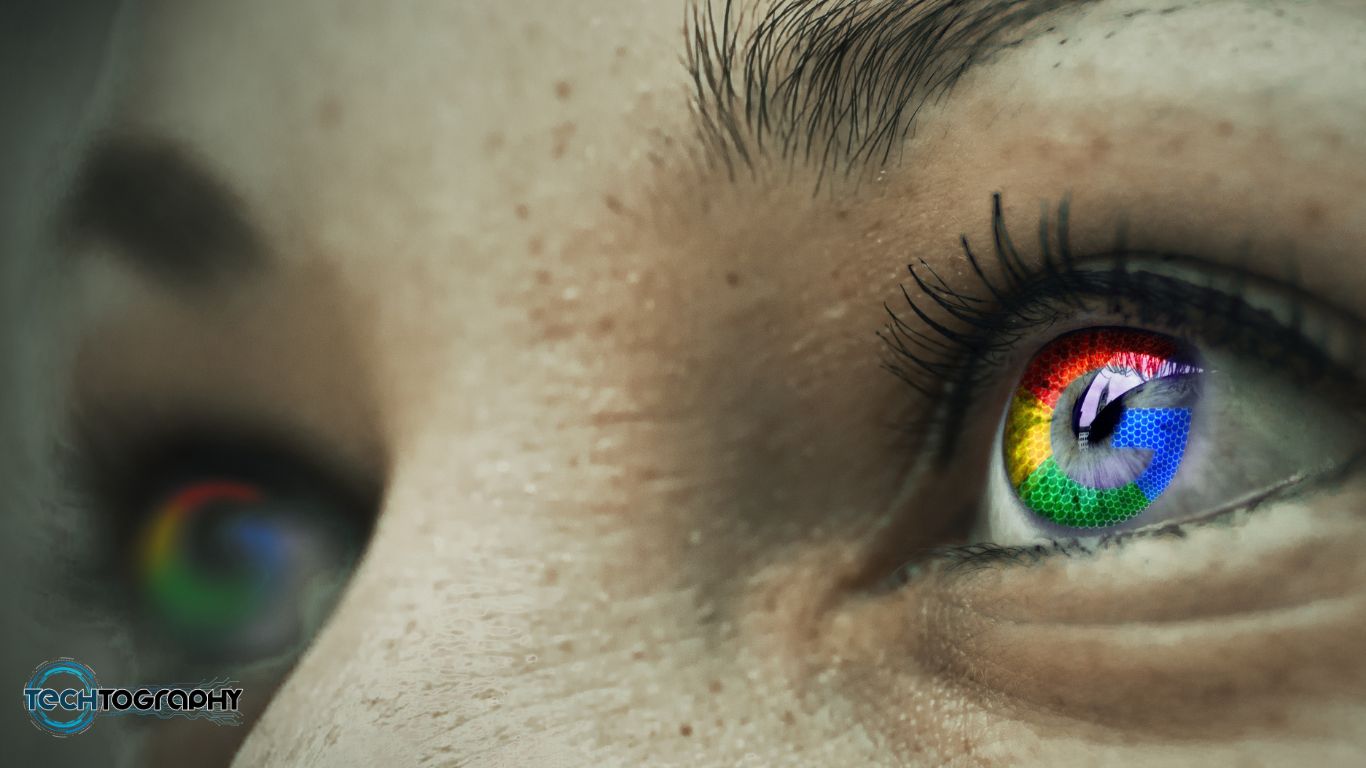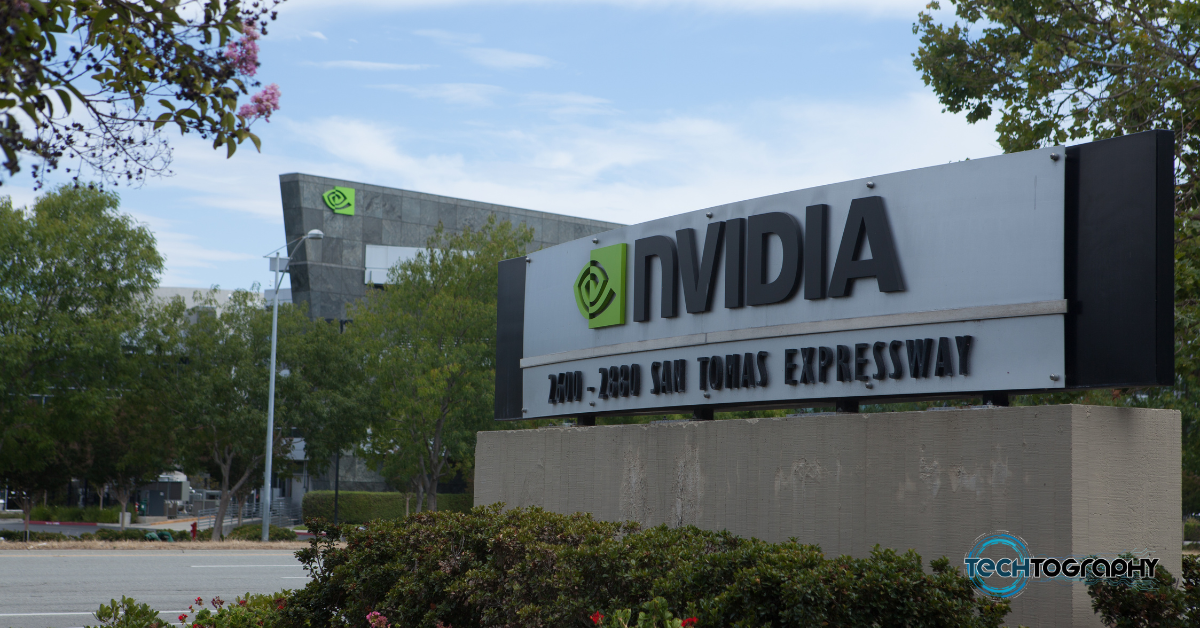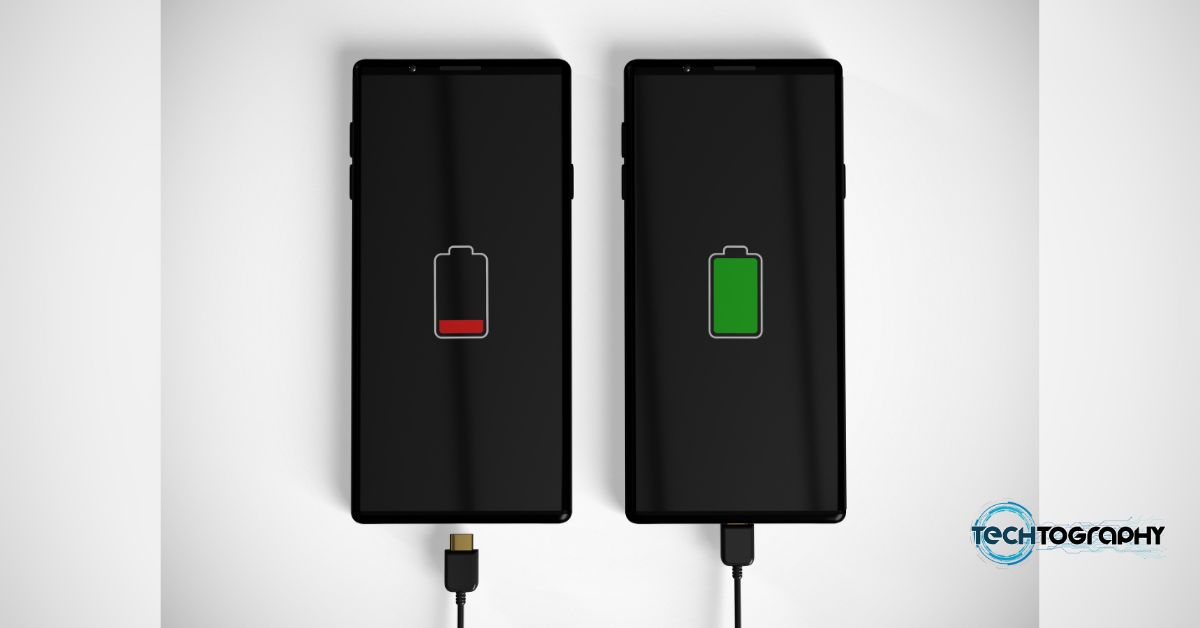Google has recently unveiled Bard, a new AI-powered chatbot designed to rival OpenAI’s ChatGPT and Microsoft’s Bing Chat. Unlike Bing Chat, Bard does not retrieve search results; instead, it generates information directly from its model. Google aims for Bard to become a crucial element of the Google Search experience, assisting users with brainstorming and answering queries.
During a live demonstration at Google’s London office, Bard showcased its creative capabilities by suggesting ideas for a bunny-themed children’s birthday party and providing houseplant care tips. Jack Krawczyk, Senior Product Director at Google, envisions Bard as a “creative collaborator.” Google has much at stake with Bard’s launch, as Microsoft’s partnership with OpenAI challenges Google’s dominance in the search market. Google’s earlier attempt to respond led to a significant drop in the company’s value following a factual error in a Bard teaser video.
While Google has not disclosed much about Bard’s underlying technology, it did reveal that Bard is built on a new version of LaMDA, Google’s flagship large language model. The company plans to update Bard as the technology advances. Similar to ChatGPT and GPT-4, Bard is fine-tuned using reinforcement learning from human feedback, a method that trains large language models to produce more useful and less harmful responses.
Though Google has been developing Bard behind closed doors for a few months, the company still considers it experimental. Bard is now available for free to US and UK users who sign up on a waitlist, with these early users contributing to the chatbot’s testing and improvement. Zoubin Ghahramani, Google’s Vice President of Research, says user feedback will be instrumental in refining the technology over time, and Google is “mindful of all the things that can go wrong with large language models.”
However, Margaret Mitchell, Chief Ethics Scientist at AI startup Hugging Face and former co-lead of Google’s AI ethics team, is skeptical of Google’s portrayal of Bard as experimental. She asserts that Google has been developing LaMDA for years, and labeling Bard an “experiment” could be a “PR trick” that allows large companies to reach millions of customers while avoiding accountability if issues arise.






